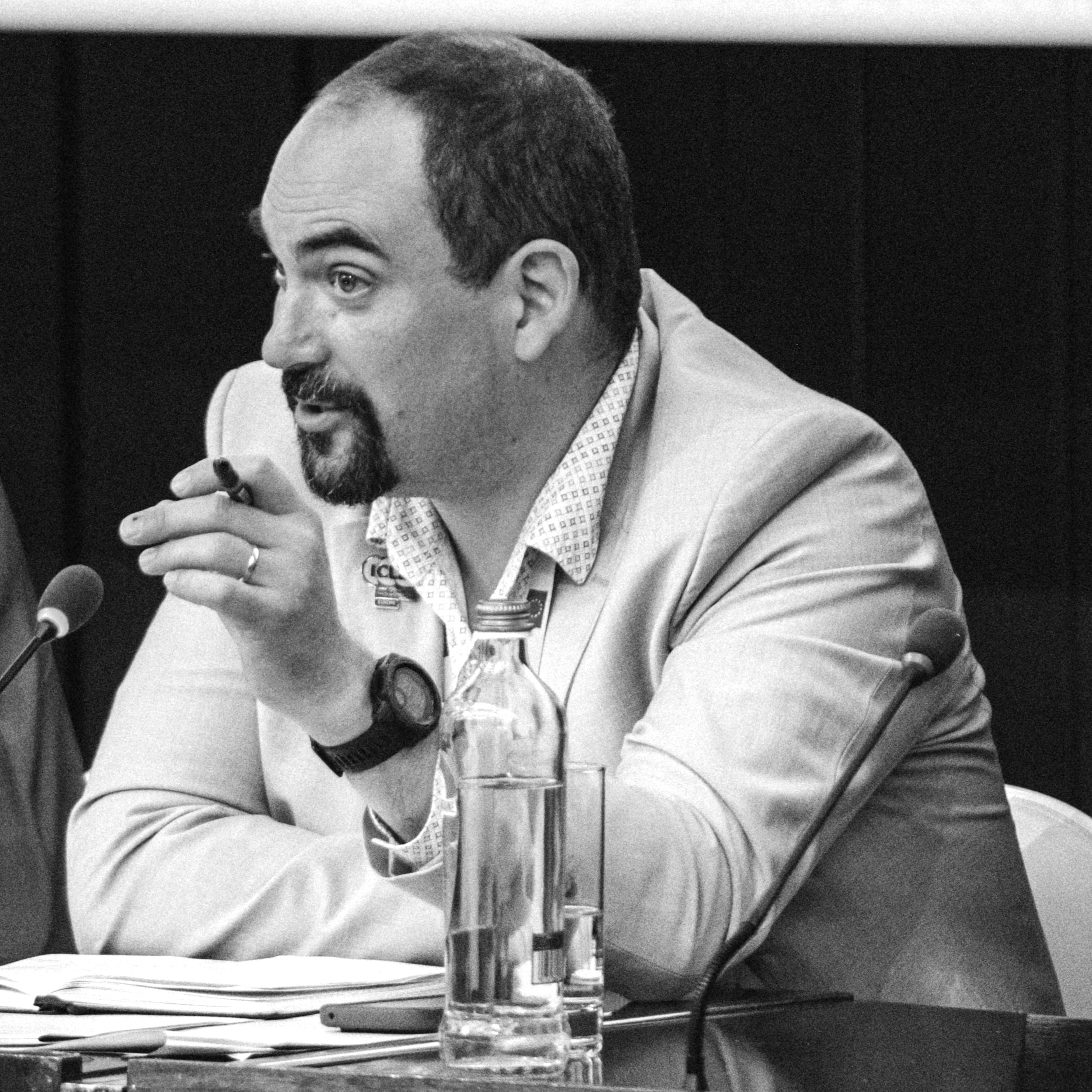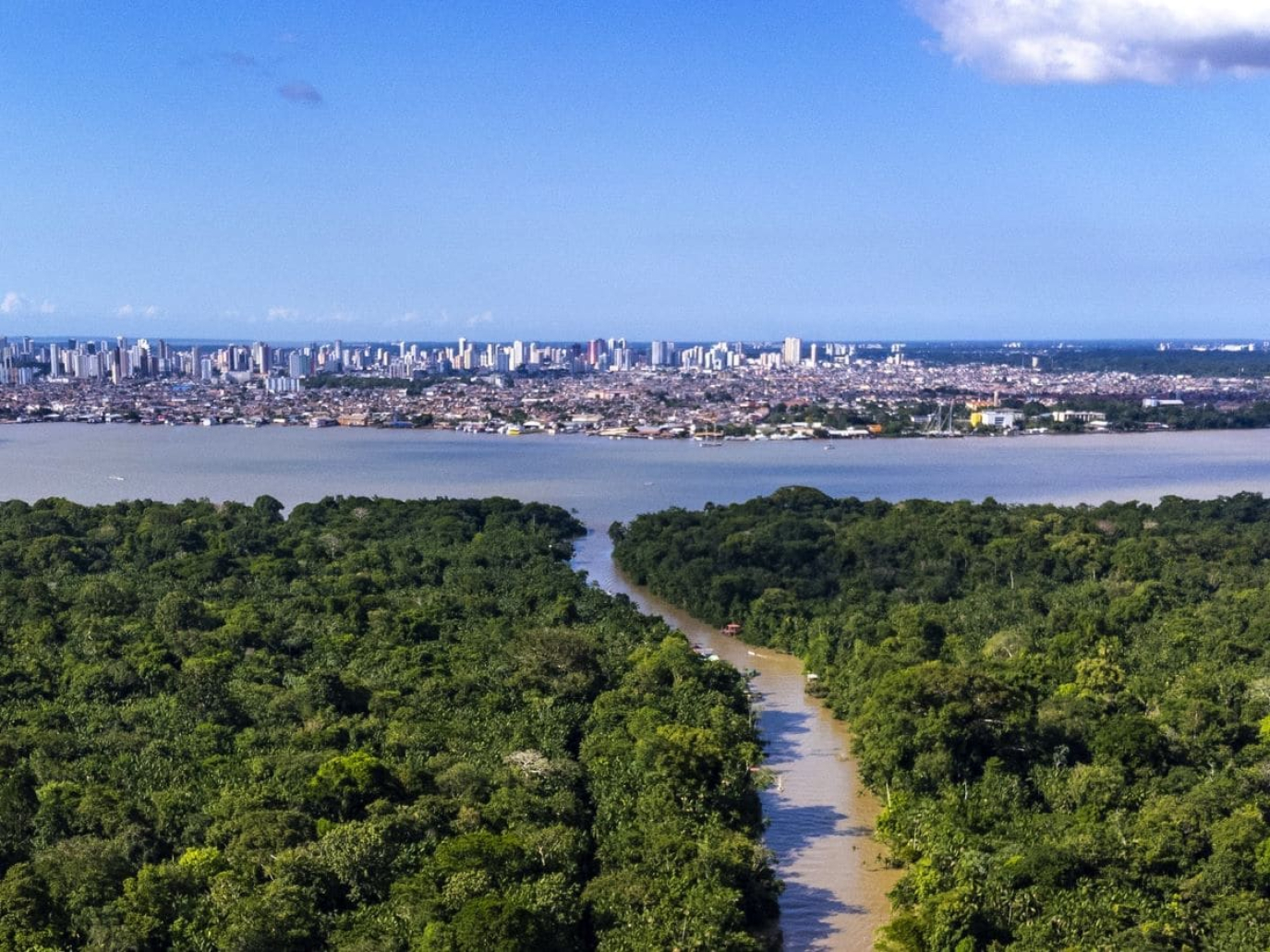
As ICLEI’s Regional Director for Europe, I am often asked why we invest so much effort in global climate negotiations. Why does an organisation of cities and regions engage so deeply in processes that many still see as the domain of national governments? After COP30 in Belém, the answer is clearer than ever: because the time for action is running out and decisions made at COPs shape the very frameworks that local and regional governments must deliver at home.
In local communities, rising sea levels and extreme weather do not appear on abstract charts; they arrive as floods, storms and wildfires. For local governments, climate change is not a future scenario but a reality. Rebuilding neighbourhoods, upgrading infrastructure and safeguarding people require major sustained investment that local budgets cannot shoulder alone. This is why ICLEI advocates so strongly for genuine multilevel governance: cities and regions know what is needed and how to deliver it, but they are often neither consulted nor fully empowered and resourced to do so.
At COP30, this message was carried with unprecedented strength. Nearly 3,000 subnational leaders participated in the Local Leaders Forum in Rio, co-hosted by the COP30 Presidency and Bloomberg Philanthropies. Together, they presented a joint statement calling for three core commitments: partnership in implementation, access to finance, and a COP process focused on accountability and delivery. ICLEI President, Mayor Katrin Stjernfeldt Jammeh of Malmö, was among the local leaders who joined the heads of state to communicate this message.
As the focal point of the Local Governments and Municipal Authorities (LGMA) Constituency and representing more than 50 networks of cities and regions, ICLEI then brought this collective voice directly into the negotiations in Belém. Reaching 1.5°C is not a matter of rhetoric; it is the line between a livable future for our children and one that is not.
And this time, our messages and solutions resonated. Throughout COP30, we saw genuine collaboration and recognition from the Brazilian Presidency that implementation depends on cities and regions. COP30 President Ambassador André Corrêa do Lago opened the conference with a sentence we have worked for years to hear: “Subnational governments play an absolutely crucial role in implementing the decisions made at the COPs.”
Yet, despite these strong signals, the final outcome did not establish the mandated dialogue on multilevel governance and urbanisation that cities, regions and states have long called for. Still, this COP strengthened platforms for multilevel cooperation: from the Local Leaders Summit to the fourth Ministerial Meeting on Urbanization and Climate Change, to the European Union endorsing the Coalition for High Ambition Multilevel Partnerships (CHAMP) - a pledge by nations to co-govern climate policy with cities and regions.
From Belém to Malmö, from Rio to Brussels, local and regional governments and their networks speak with a united, ever-stronger voice: if climate policy does not work locally, it does not work at all, and without empowered local action, global targets will remain hollow promises. Climate action is not confined to a two-week conference, nor is the path to scaling it up determined solely in COP plenary halls, but those halls remain important for accelerating progress, while cities and regions will be the ones to turn global goals into real-world results.
Cover: Belém, photo by Alex Ferro/COP30



